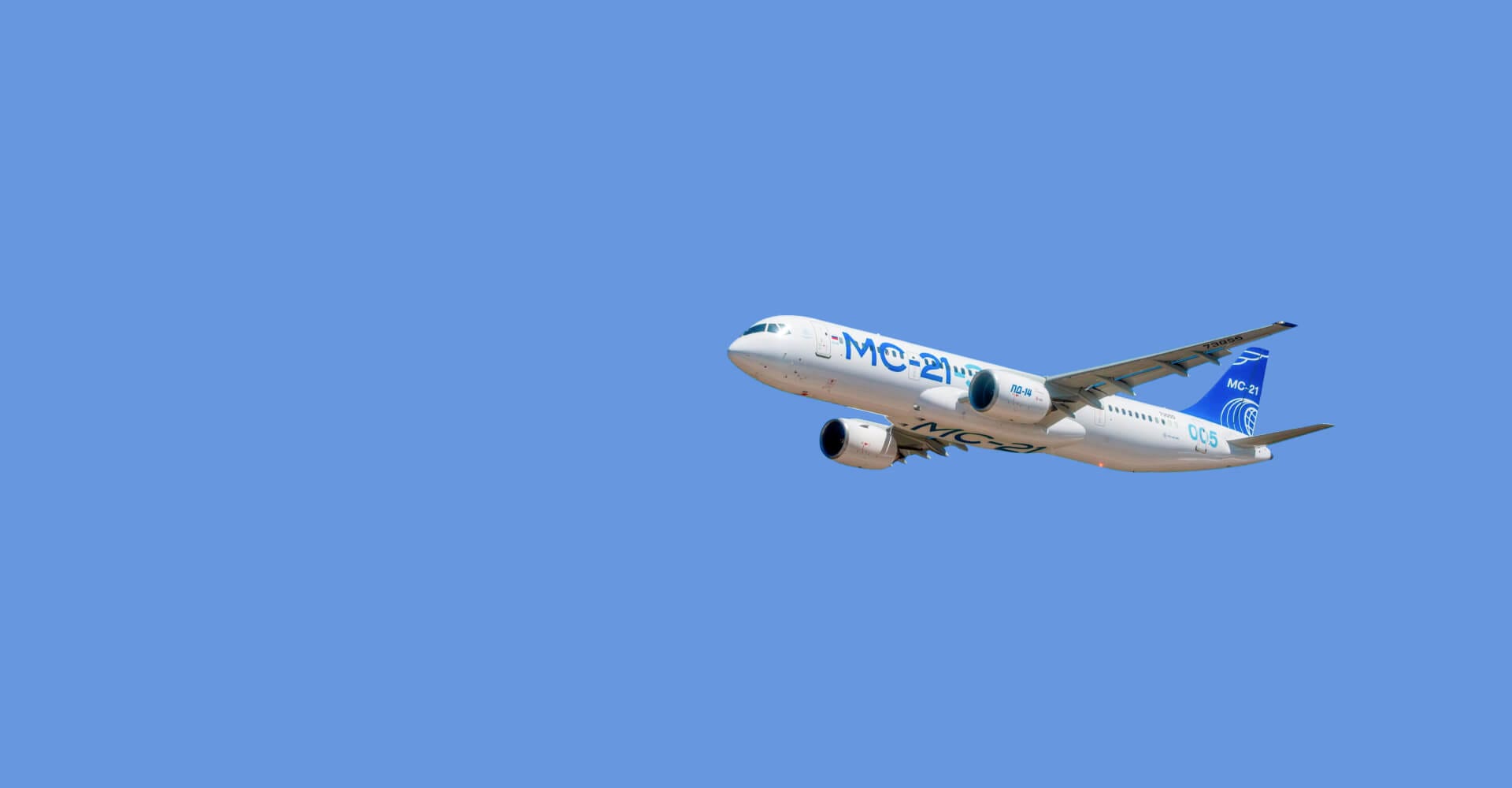
Transport and travel
Russia is a huge territory and long distances, but even if you are in the country for the first time, getting to your destination on your own is not at all difficult. The main thing is to plan your route in advance, as when traveling to any unfamiliar place.
Typically, university staff send students detailed instructions on how to get to the university. Mobile map applications that work without Internet access will help you easily navigate Russian cities: Mobile Yandex Maps, 2 GIS and others. Don't forget to download them before your trip.
From airport to city
You can get from the airport to the city by several types of transport. Most often these are regular buses, fixed-route and private taxis, as well as commuter trains. In some large cities, express trains also run from airport terminals.
The advantages of buses and minibuses are low fares and frequent intervals (10-15 minutes). You can find them at public transport stops near the airport. Tickets are sold at special kiosks or upon boarding with the driver.
You can get from Moscow airports to the city by bus for 55-150 rubles (about 1-2 dollars), by minibus - for 1500-2000 rubles (about 16-20 dollars). In other Russian cities prices are lower.
High-speed electric trains usually take passengers to the city center. Advantages include speed, comfort, additional luggage space, frequent intervals (every 30 minutes), different fares and online ticketing.
It is quite easy to find express train ticket offices using special signs at the airport. You can also buy tickets there, but it is more profitable to purchase them online.
The cost of 1 trip on the Moscow Aeroexpress is 500 rubles (5 dollars).
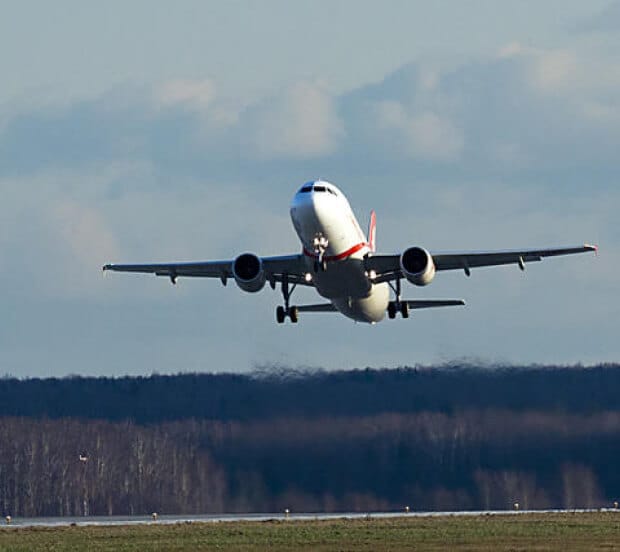
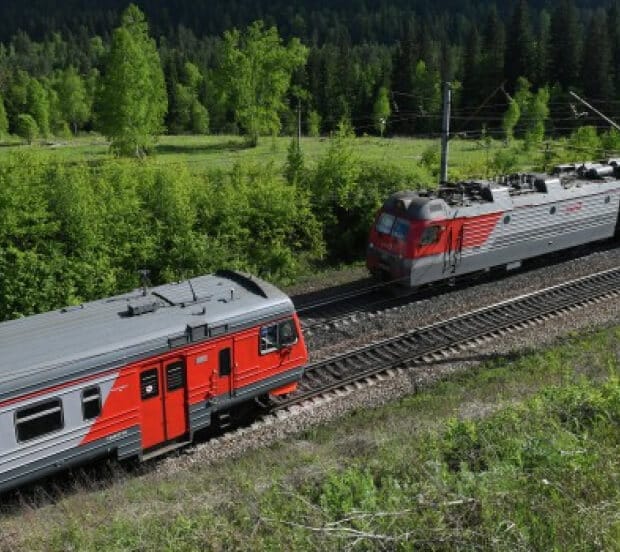
In other cities the trip will be cheaper. For example, a high-speed train from Koltsovo airport will take you to Yekaterinburg for 60 rubles (about $1). High-speed trains also run from Vladivostok and Sochi airports.
Some Russian universities offer free transfers to students. To find out more, contact a university representative and clarify the information. Sometimes you need to leave an application on the university website in advance.
The trip from the airport to the city on a regular train is longer and less comfortable than on a high-speed train, but its cost is several times cheaper. Tickets are purchased at the box office.
The most expensive way to get from the airport to the city is by taxi: in Moscow and St. Petersburg the trip will cost 1000-1500 rubles ($15-21), and in Yekaterinburg - 650 rubles ($9). It is better to order a car in a mobile application (at the information desks of train stations and airports or in advance on the Internet.
Urban transport
In Russian cities you can travel by metro, buses, trams, trolleybuses and minibuses.
There are subways in Moscow, St. Petersburg, Novosibirsk, Nizhny Novgorod, Samara, Kazan, Yekaterinburg and Volgograd.
The cost of one trip on the metro in Moscow is 57 rubles*, in St. Petersburg - 55 rubles*, in Yekaterinburg - 32 rubles*. A trip by ground transport (bus, trolleybus, tram) in Moscow costs 55 rubles*, in St. Petersburg - 50 rubles*, in Kazan - 30 rubles*, in Tomsk - 22 rubles.
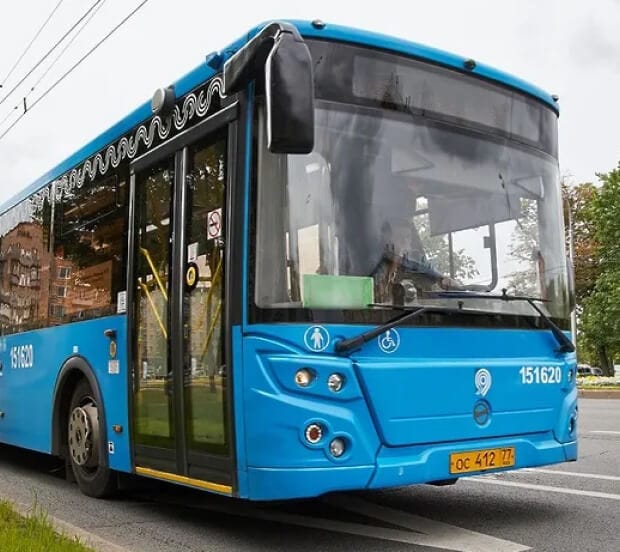
Benefits for students
In public transport, full-time students of Russian universities can buy passes at discounted prices. Discounts and benefits do not apply to minibus taxis. Traveling with a student's social card for a month is 5 times cheaper than traveling with a regular travel card. As soon as you receive your student card, immediately start applying for a student travel card or student social card (depending on the city).
Before you receive your discounted pass, you can save money by purchasing regular passes at various fares. It is not profitable to purchase tickets for one or two trips. A pass for several trips (starting from 5) will cost less: the more trips, the less you pay for each. In Moscow, you can also buy a 90-minute pass, which, in addition to subway travel, includes an unlimited number of free transfers on ground transport for 1.5 hours. Similar tariffs apply in other Russian cities. Tickets for ground transport can also be purchased from drivers, but they will cost you much more than at ticket offices or special kiosks.
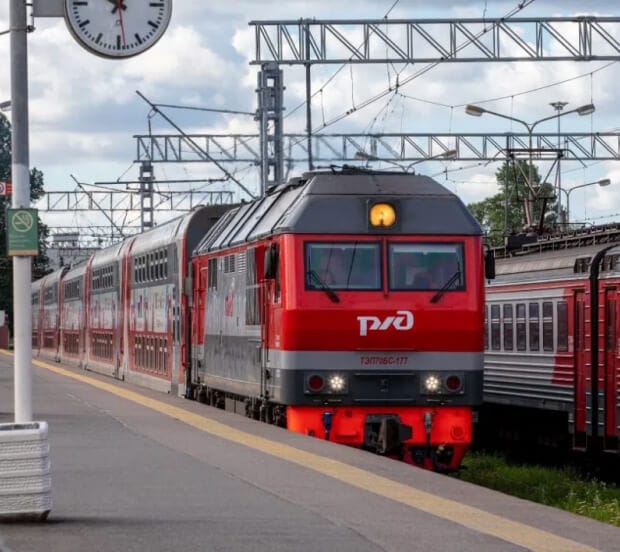
Trips around Russia
You can travel around Russian cities by buses, trains, water and air transport.
One of the popular types of intercity transport in Russia is railway transport. The railway network in Russia is one of the largest in the world and provides connections between almost all major cities and regions. The railways offer various classes of trains, from economical to luxury, and provide comfortable conditions for passengers during long journeys.
Benefits for students
Suburban transport. From September 1 to June 15, tickets for students are 50% cheaper. To receive a discount, you must present a full-time student's ID or other document required by regional authorities. Within the Moscow Railway, you can get a discounted ticket using a Muscovite social card or a Moscow Region resident card.
In addition, Russian Railways offers 25% discounts on long-distance trains under the Russian Railways Bonus program. They operate in compartment cars and in high-speed trains of JSC FPK: “Strizh”, “Lastochka”, “Nevsky Express”.
Air travel. In some cases, the airlines themselves may offer discounts to students. Typically, such tickets can only be purchased at the carrier's box office. Therefore, before purchasing a ticket, it is worth checking whether there are discounted student tickets.










